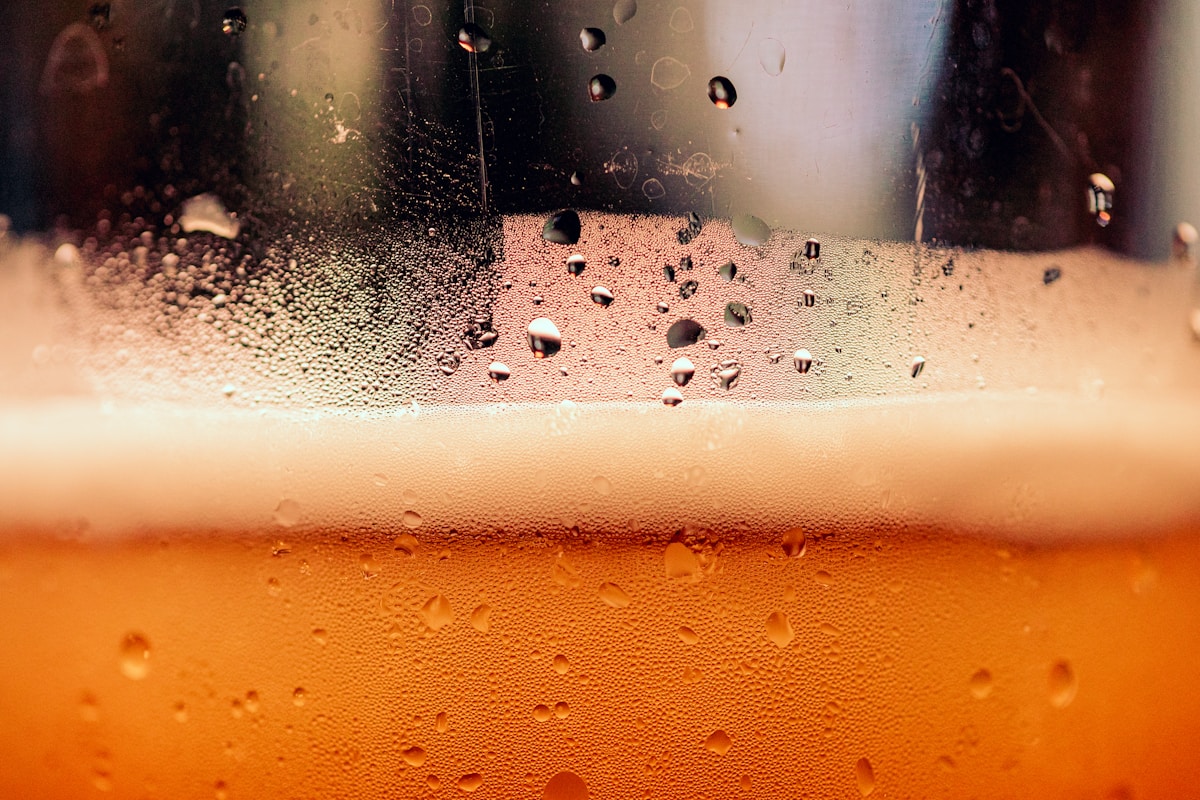Private Label Wine: What I Learned Working in the Industry
I spent two years working with a company that produced private label wines for major retailers. What I learned surprised me – and changed how I shop for wine.

Most people assume store-brand wines are cheap knockoffs. Sometimes they are. But sometimes that eight dollar bottle with the grocery store name on it came from the same tanks as a twenty dollar name brand. The wine world is weirder than you think.
How This Actually Works
Picture a winery with more grapes than they know what to do with. Maybe their vineyard had a great year, or their main brand is not selling as fast as they hoped. What do they do with the extra wine?
They sell it in bulk to retailers who slap their own label on it. The winery gets cash, the retailer gets wine at wholesale prices, and you potentially get a bargain.
The retailer never owns a single vine. They work with producers to create wines that meet their specifications – whether that is a crowd-pleasing Cab under ten dollars or a premium reserve they can sell alongside the name brands.
Why the Quality Varies So Much
Here is where it gets interesting. Private label wine ranges from terrible to excellent, often from the same retailer.
When a big grocery chain sources wine, their buyer might visit multiple wineries and taste dozens of samples. They pick what fits their price point and flavor profile. One buyer might have great taste. Another might just pick whatever is cheapest.
I have tasted private label wines that would hold their own against bottles twice the price. I have also tasted private label wines that barely qualified as wine. The label tells you nothing about what is inside.
The Price Advantage
This is where private label shines. A winery selling branded wine has to pay for marketing, distribution, fancy bottles, and sales teams. All that gets baked into the price.
Private label skips most of that. The wine goes straight from winery to retailer. No middlemen marking it up along the way. That is why an eight dollar store brand might contain wine similar to a fifteen dollar branded bottle.
But – and this is important – the savings only matter if the wine is actually good. A bad wine at any price is no bargain.
How to Find the Good Ones
After years of trying random private labels, here is my approach:
Trust certain retailers. Some stores genuinely care about their wine programs. Trader Joes, Costco, and some regional grocers have wine buyers who know what they are doing. Their private labels tend to be solid.
Read between the lines. If the label mentions a specific region like Paso Robles or Willamette Valley instead of just California or American, that is often a better sign.
Look for varietal wines. A private label Pinot Noir or Cabernet tends to be better than generic table wine blends.
Try before you buy a case. This sounds obvious but I have bought a case of private label wine without tasting it. Twice. I still have bottles from the second case that I refuse to drink.
Some Success Stories
Costcos Kirkland wines are famous for a reason. Their Prosecco is made by the same producer that makes much pricier Italian brands. Their Malbec at seven dollars regularly beats wines at three times the price in blind tastings.
Trader Joes has been doing this for decades. Two Buck Chuck was a private label phenomenon, though the quality varies wildly now.
Aldi has quietly built a solid wine program. Their Exquisite Collection is usually worth trying.
The Dark Side
Not all private label is great value. Some retailers are purely chasing margins – sourcing the absolute cheapest bulk wine they can find and marking it up as much as the market will bear.
I have seen private labels that cost more than the branded wine they were based on. The retailer knew their customers would not comparison shop, so they priced it higher than the original.
And some private label wine is genuinely bad. Made from grapes nobody else wanted, processed to maximize volume over quality. You usually pay for these for under six dollars, and you get what you pay for.
My Honest Take
Private label wine is not automatically good or bad. It is just wine without a brand name attached. The quality depends entirely on who sourced it and what their goals were.
For everyday drinking, private labels from reputable retailers often deliver more value than name brands at similar prices. For special occasions, I still tend to reach for producers I know and trust.
The best approach? Treat private labels like any other wine. Try before you commit. Trust retailers who have earned it. And do not assume the fancy branded bottle is automatically better than the store label sitting next to it.



